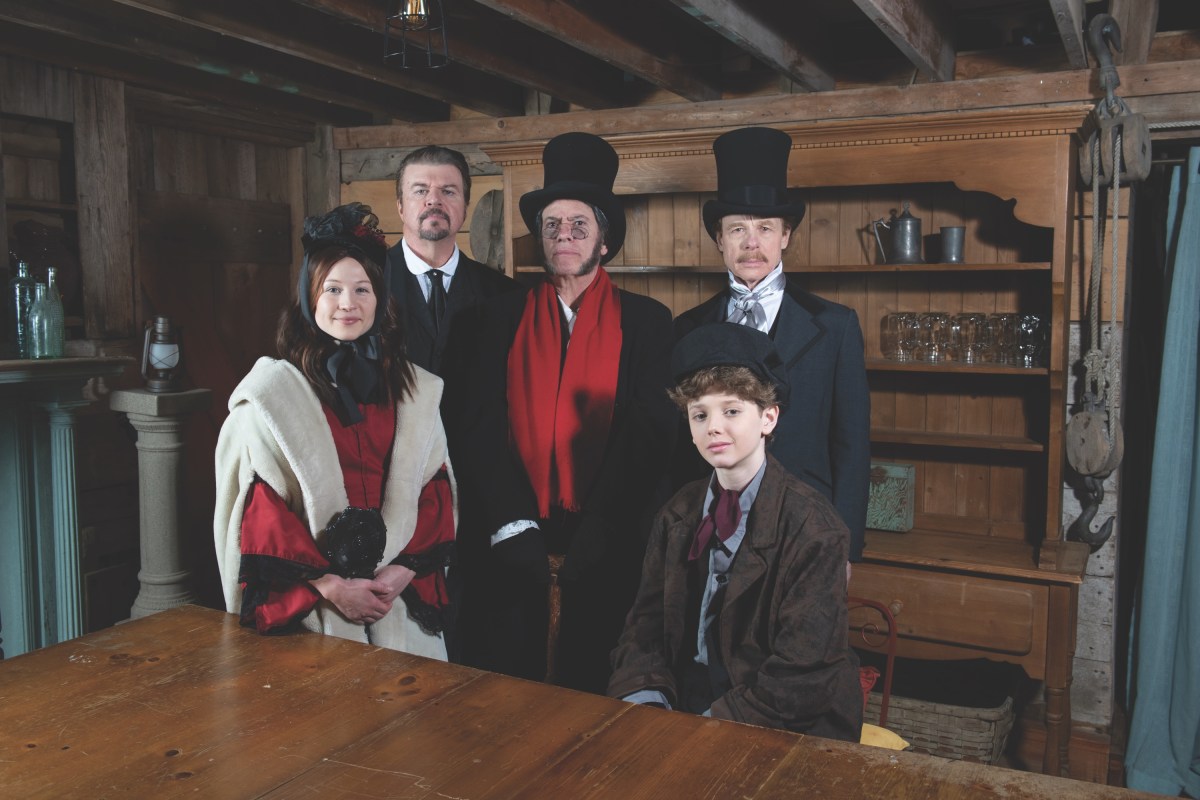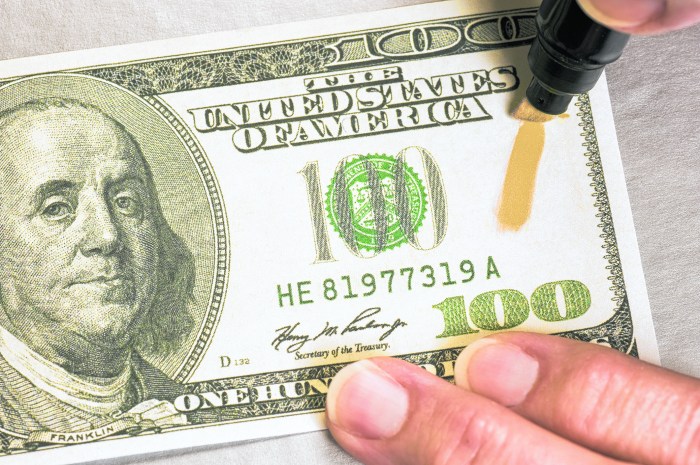Group of Four Middle School Students Present Their Award-Winning Project, ‘BlindSight’, to Peers, Teachers
“In 2031, BlindSight will be created,” said sixth-grader Sophie Heinman to an audience of her peers at Plainview-Old Bethpage Middle School at a special assembly on April 4. As a part of the Toshiba Exploravision science competition, a team of Project Challenge students—Philip Danziger, Lexi Fryman, Sophie Heinman and Tommy Venezia—needed to not only come up with an idea for a useful invention, but anticipate how science will change 20 years in the future. The group created BlindSight—a device that would utilize projected advances in nanotechnology to enable the blind to see, and allow people to store memories as data that they could later recall. Out of 4,800 teams to enter in the fourth-through-sixth-grade division, only six, including the BlindSight Team—were recognized as regional winners.
The team will find out if they will advance to the national round of the competition on May 2. If so, they will travel to Washington, D.C. in June to compete at the next level. In order to qualify for the next round, the students had to make a video presentation explaining their project, which they also screened for their peers on April 4. In addition, they had to create their own website for BlindSight.
Toshiba Representative Louis Marrone was on to hand congratulate the team, and noted that he hoped to be back in the Plainview-Old Bethpage area next year to congratulate the next group of winners.
Initially, the team was considering a very different kind of project; the “Crime Chair,” a device that would fit over someone’s head and tap into their memory, which would be useful in determining whether or not the person in question had committed a crime.
However, Danziger was inspired by an article he read in an issue of Discover called “The Man Who Sees With His Tongue,” which described how a device called BrainPort could convert light into electrical impulses that would stimulate the tongue, as opposed to the retina, which allowed people with eye diseases to better navigate their environments. The article inspired him to create something that would help the blind to see. While the group was divided over which project to pursue, a compromise was reached: they kept the brain/memories theme of the Crime Chair, but worked in Danziger’s sight angle. The result was BlindSight, “Delivering the gift of sight and infinite memory,” as the video explained.
In order to create their proposal, the group did research in multiple areas of science including the different areas of the brain and their functions, the different types of memory, and the different causes of blindness. They also researched the major breakthroughs in technology to aid the blind in recent history, including BrainPort.
In the group’s proposal, a microchip would be implanted in a sight-impaired person’s brain during an outpatient surgical procedure. An HD nano-camera, embedded in a contact lens, would send video from the outside world into the microchip. The microchip would then process and store that visual data, not only allowing a blind person to “see” by having the visual data projected directly into their brain, but allowing users to remember those images with perfect recall.
Of course, the science and technology-saavy may be aware that HD nano-cameras don’t exist yet; that’s where the “twenty years in the future” part comes in.
While the four students said that they weren’t necessarily interested in going into science as a career, after this experience, all said that they are interested in possibly pursuing science-related fields in the future. At the very least, they want to do more projects like this one. “It was very fun,” said Venezia with a big smile.
Some of the other students had tough questions for the Blindsight team; for example, couldn’t implanting a microchip in the brain expose the patient to dangerous levels of radiation? Danziger said that the chip would “not necessarily” lead to radiation poisoning. “That would be a major problem, so we’ll make it not do that,” he said. After all, BlindSight isn’t set to debut until 2031; the group still has some time to work out all the details.
Honorable Mentions
The following six teams of district students received Honorable Mentions in the Toshiba Exploravision Competition, and were recognized by Project Challenge teacher Paula Engel at the special assembly on April 4:
Cacto Bracelet: Celia Biggins, Max Shulman, Emily Shih, and Michael Halilej.
Second Skin: Justin Chae, David Cheng, and Aaron Jacobson.
Mirror My Future: Alec Ash, Alex Fried, Jason Getzler, and Laura Yacuk.
Double SB: Talia Blum, Erica Kam, Samantha Shapiro, and Jamie Leon.
SmartMouth: Matthew Dossie, Matthew Rothbort, Nicholas Rosa, and Bryan Bruwer.
Aluminum Heat: Natalie Cooper, Sohia Park, and Alia Rizvon.
For more information about the Toshiba Exploravision competition, visit http://www.exploravision.org/.





























